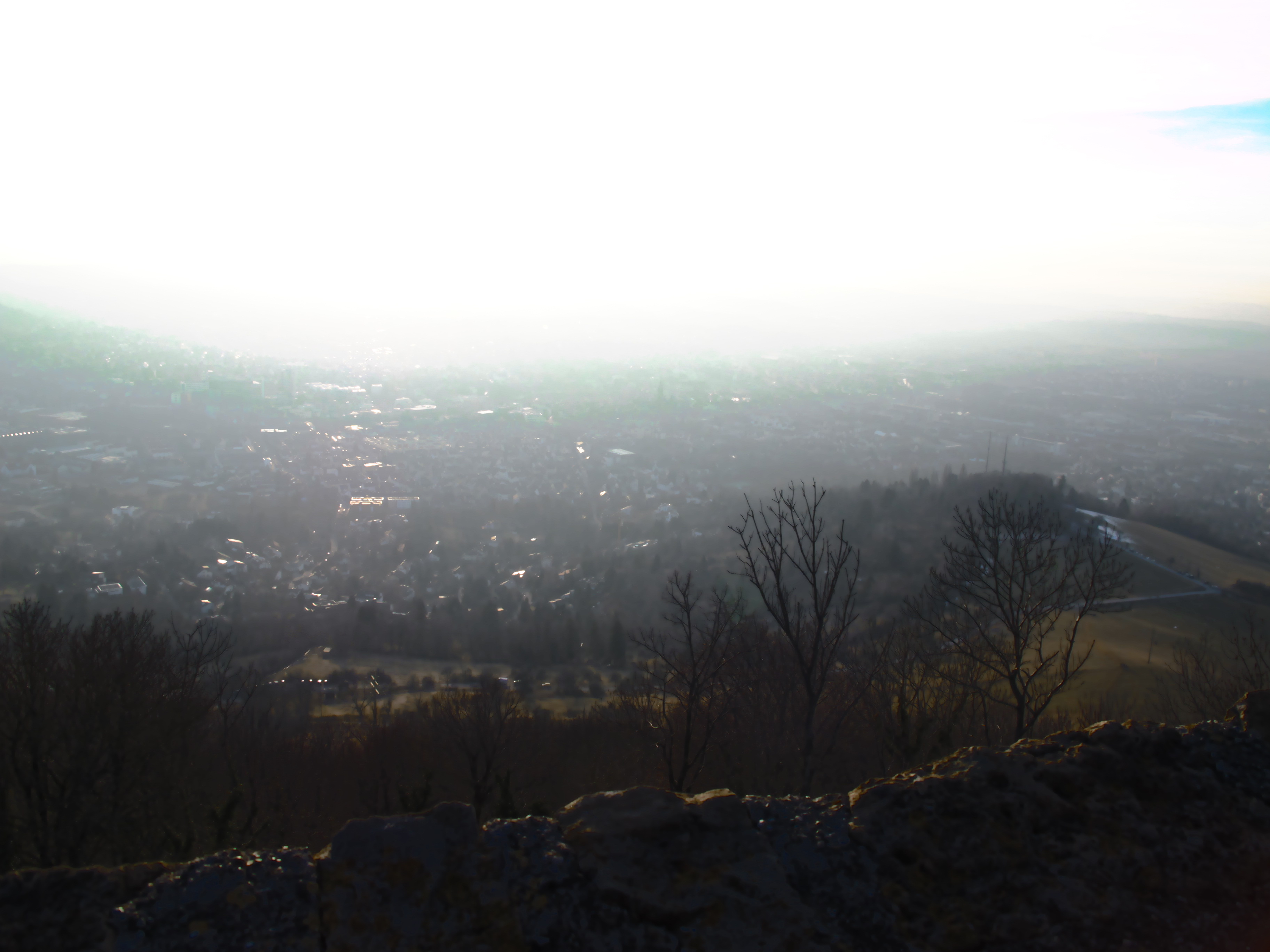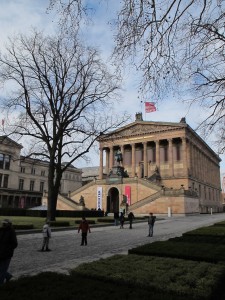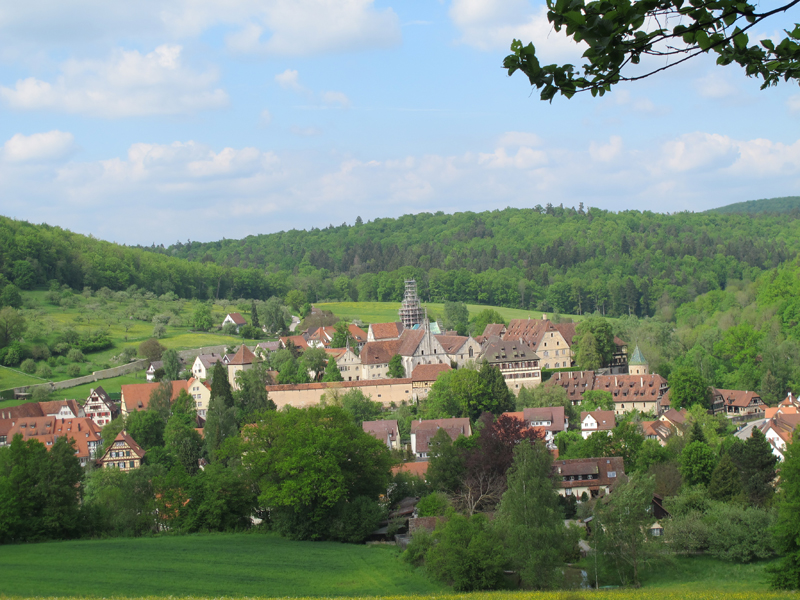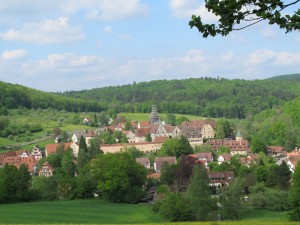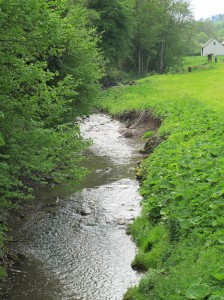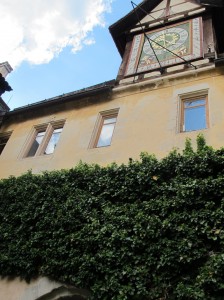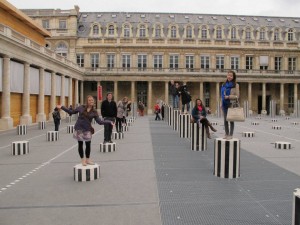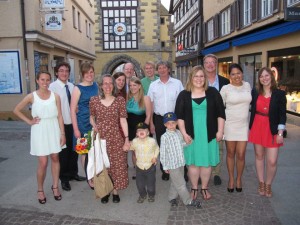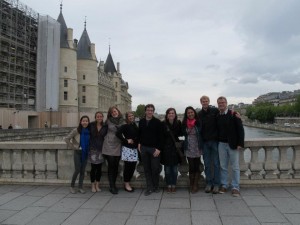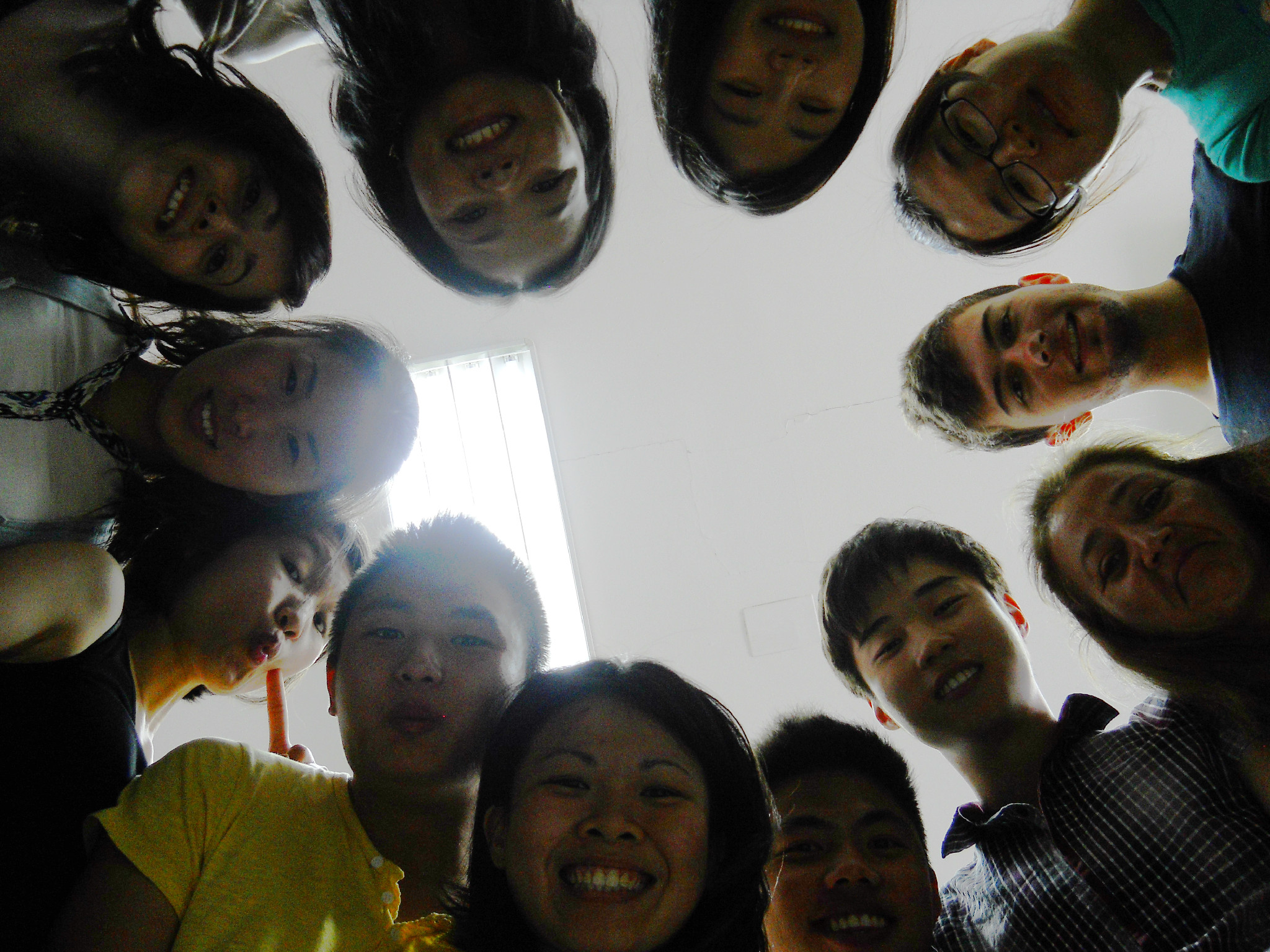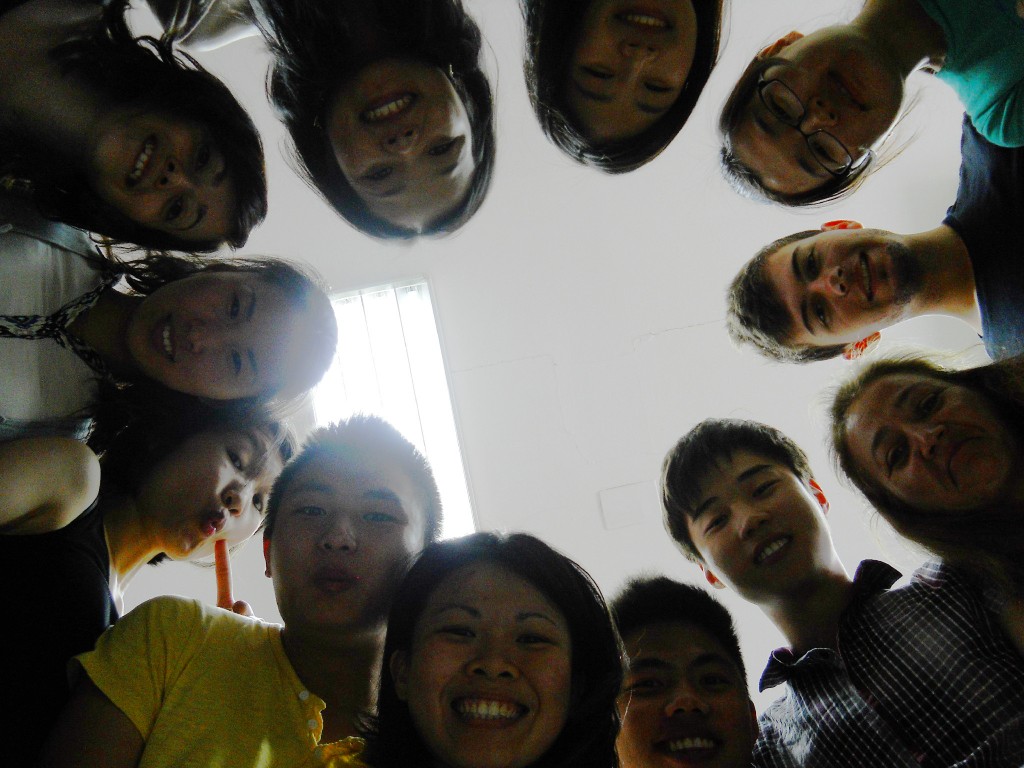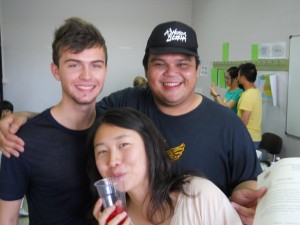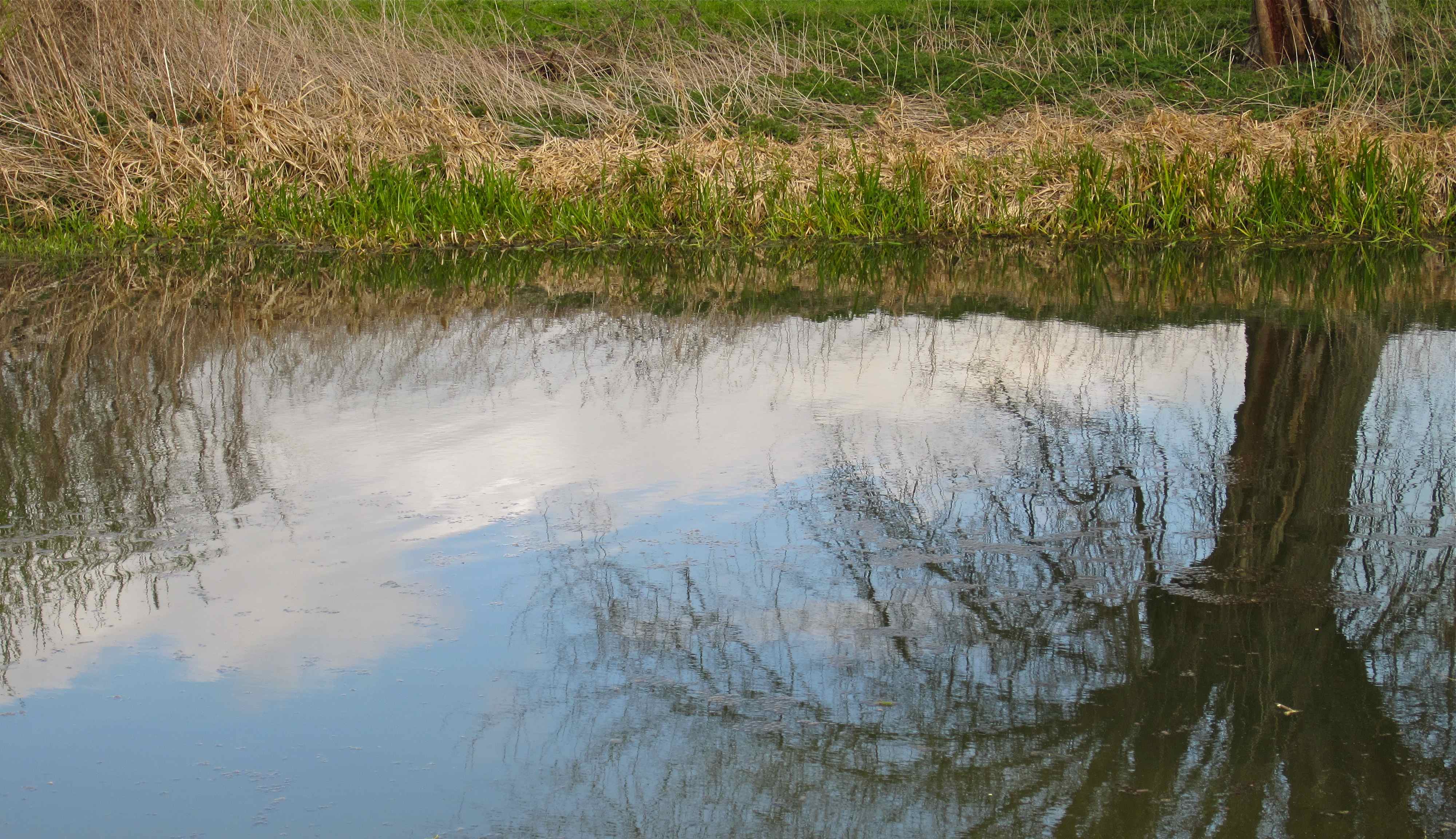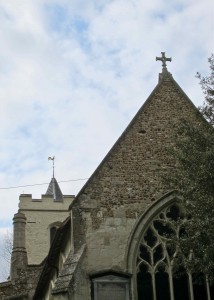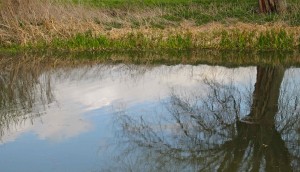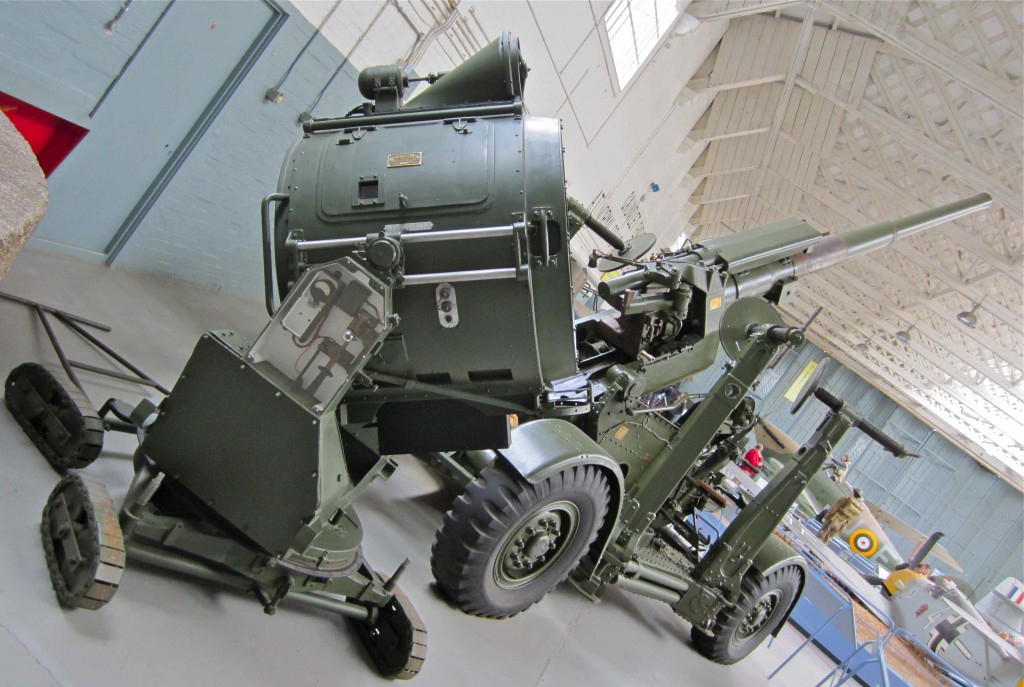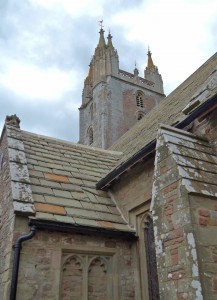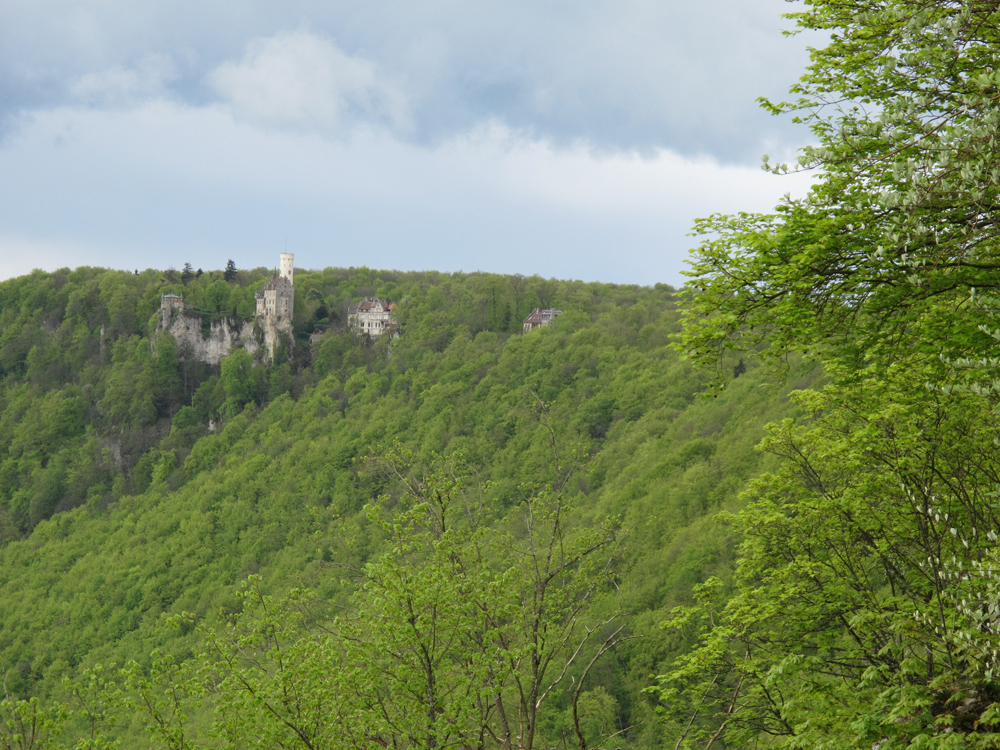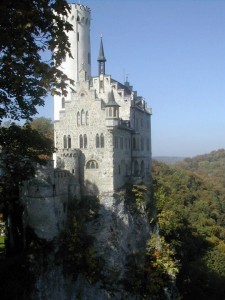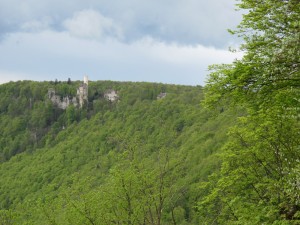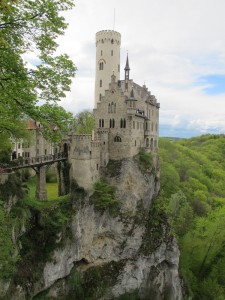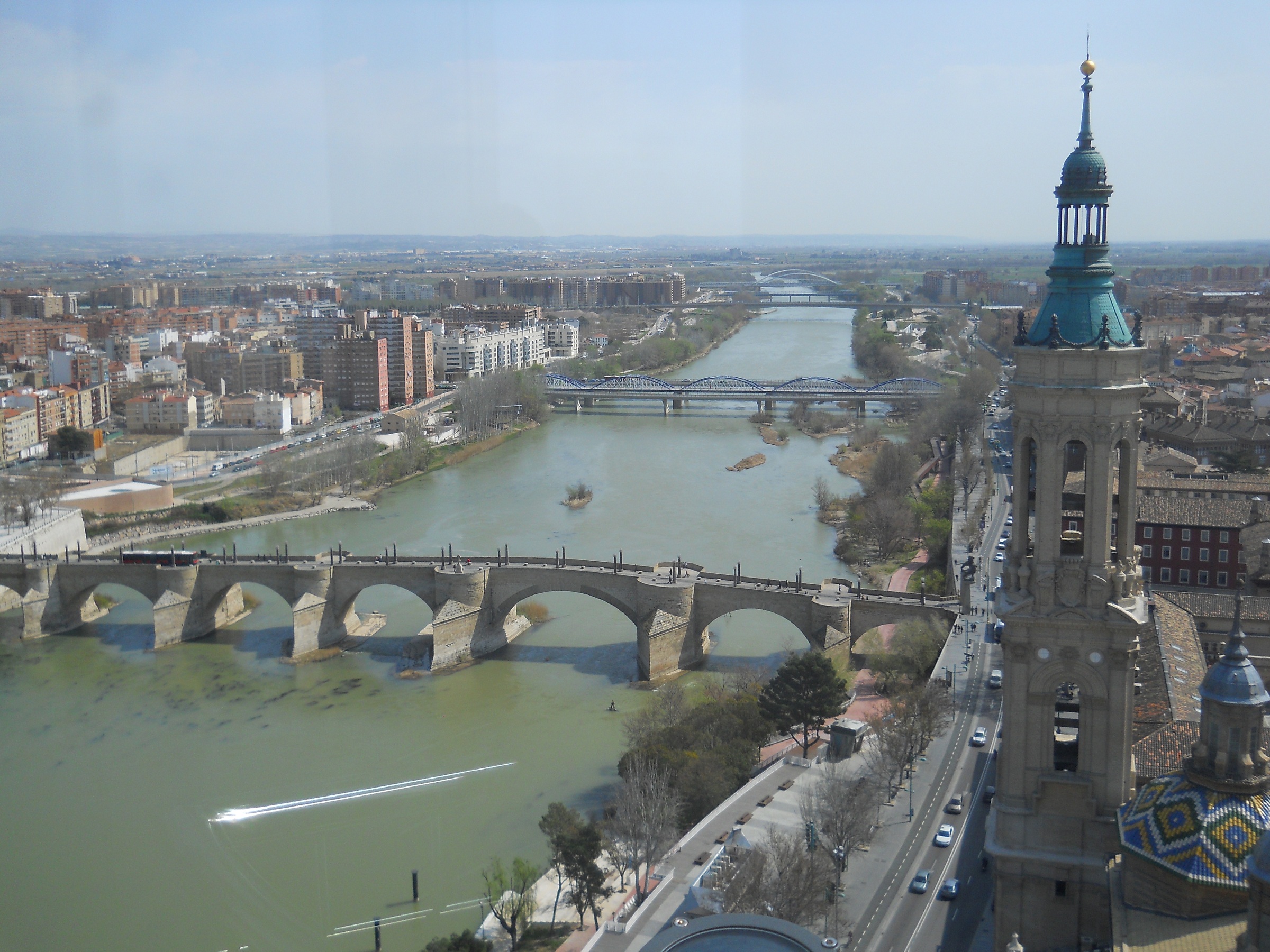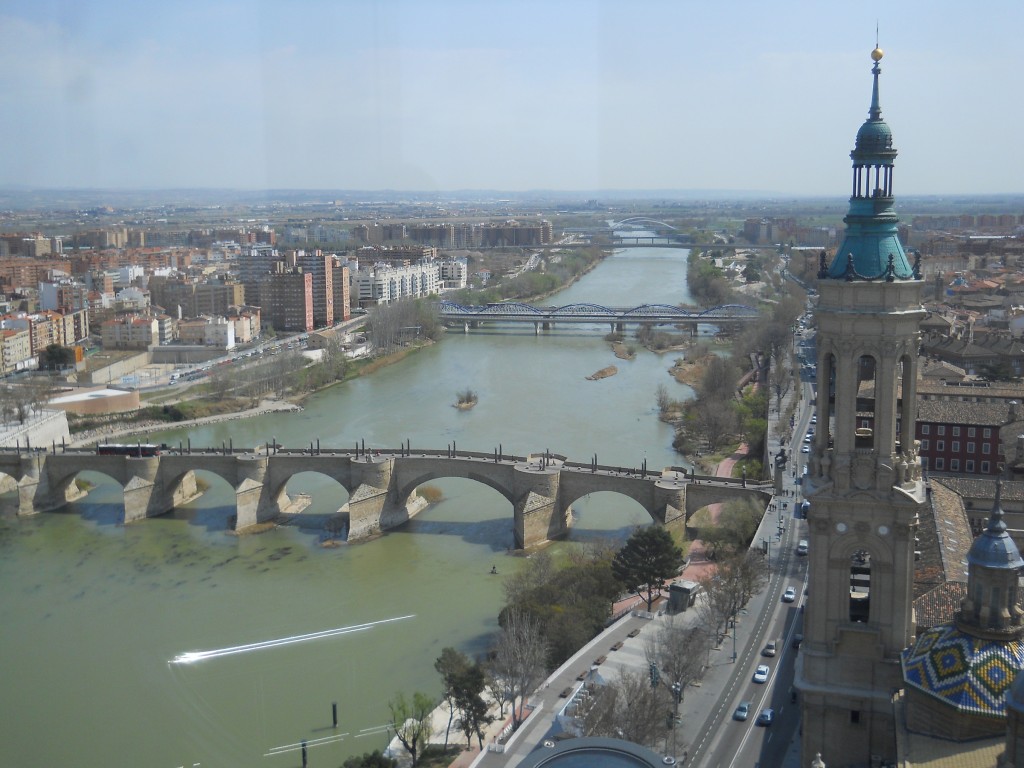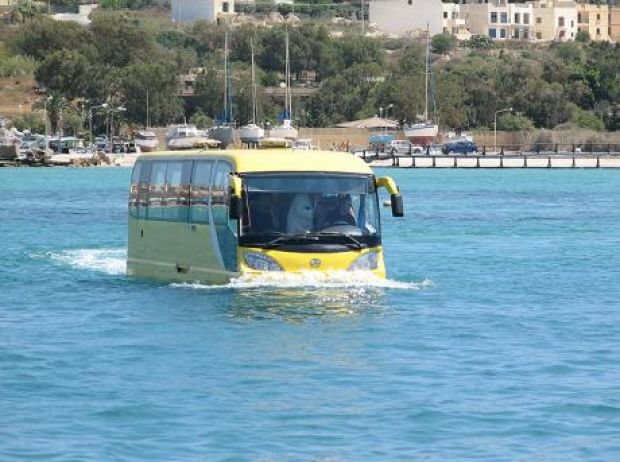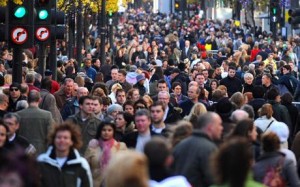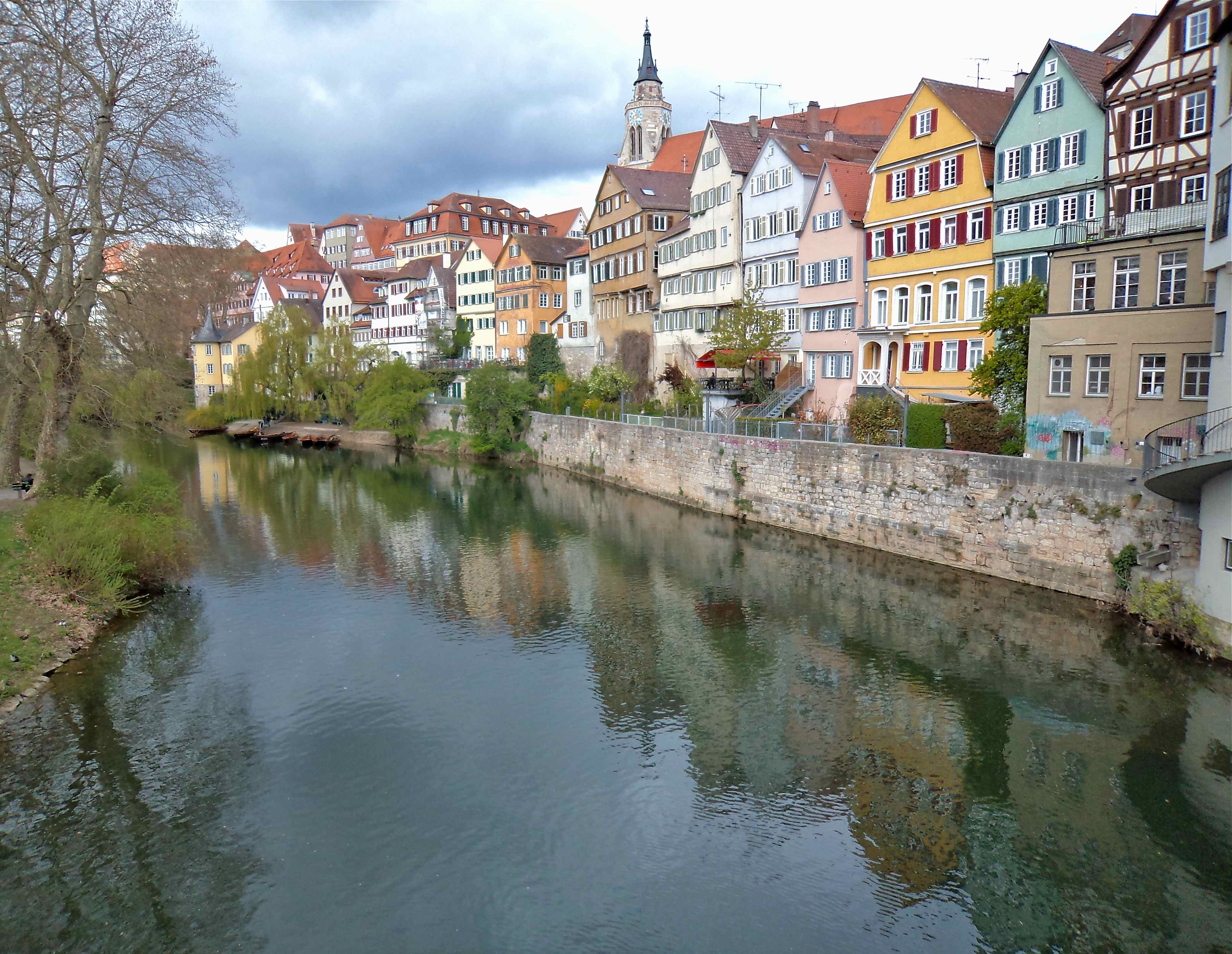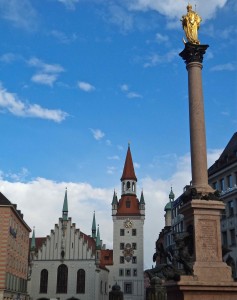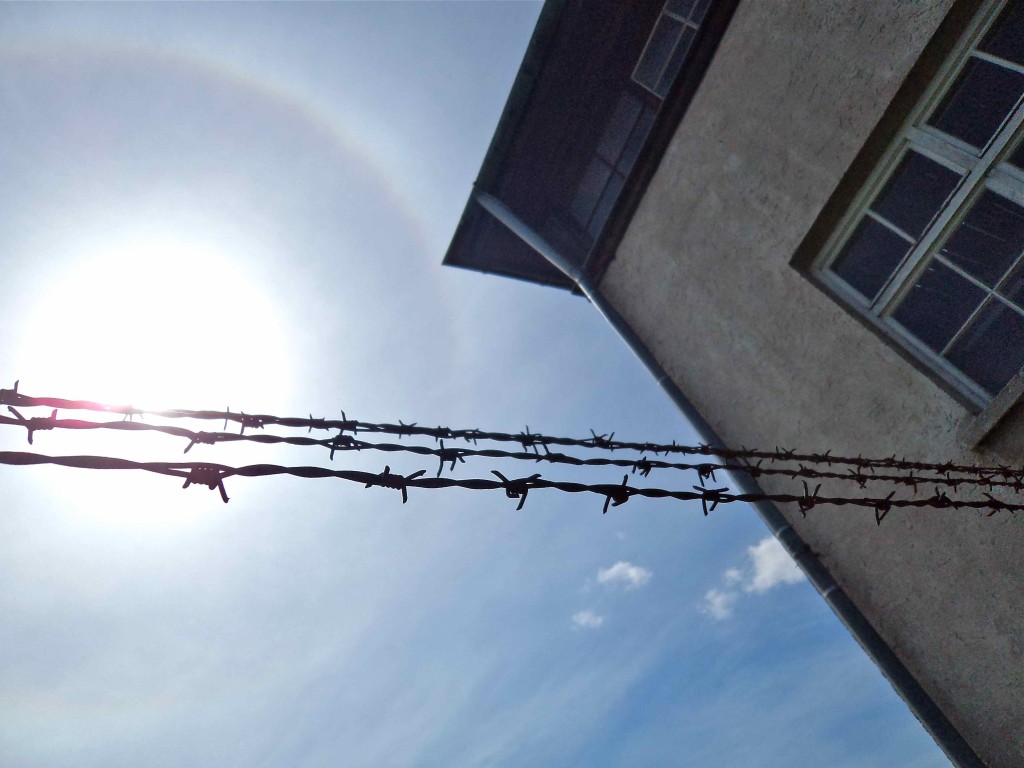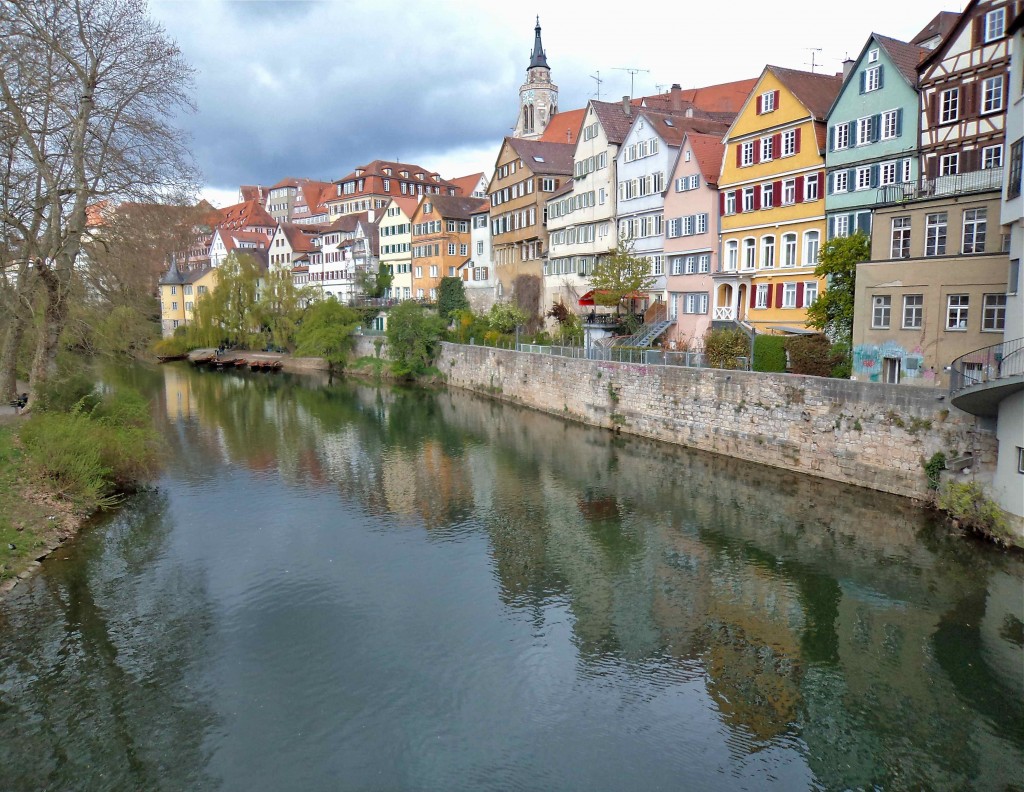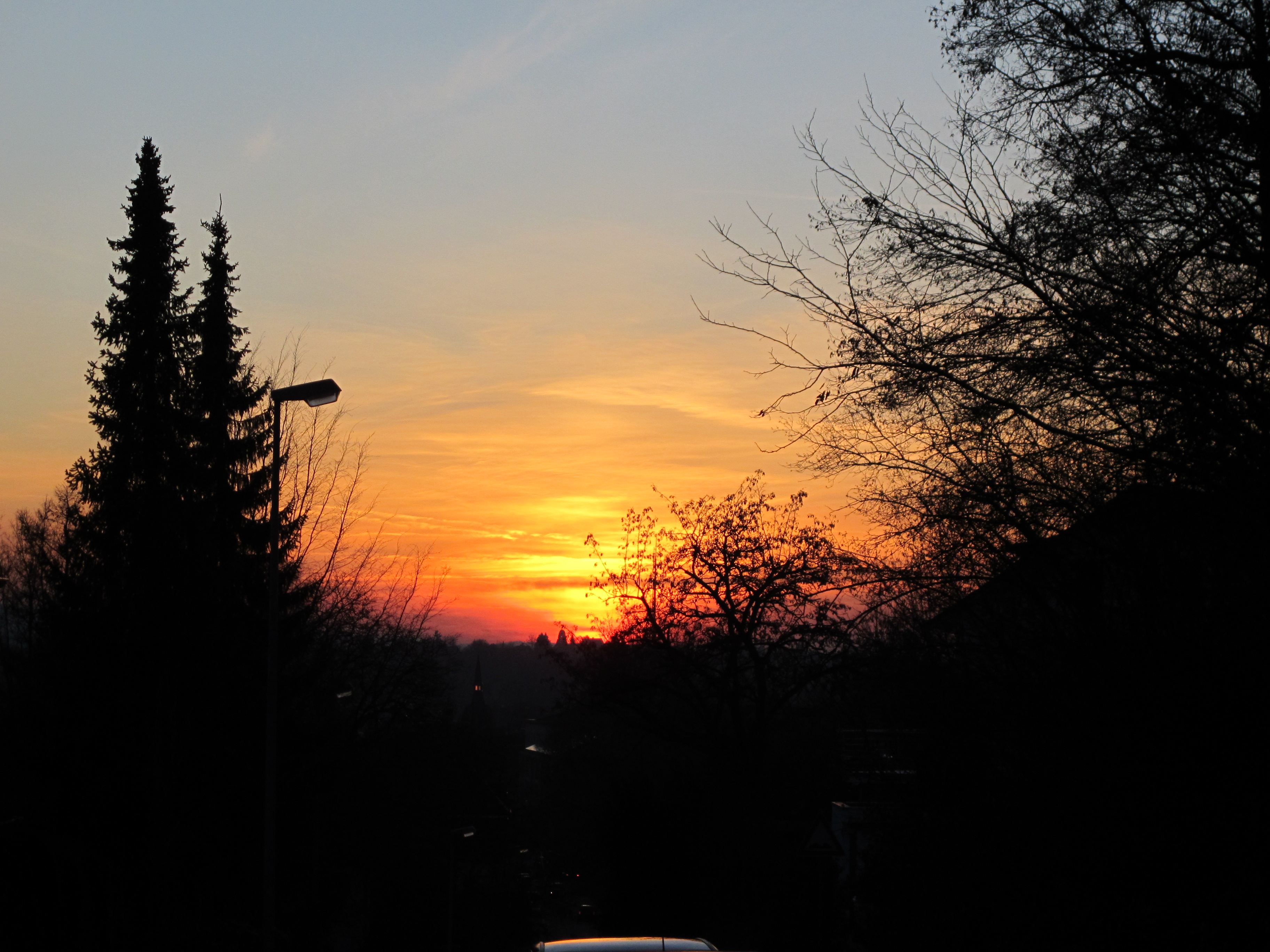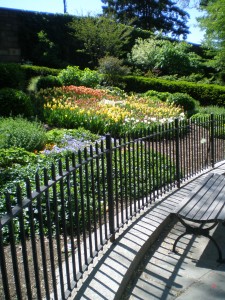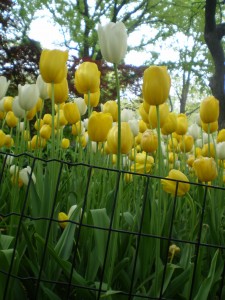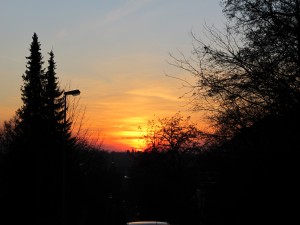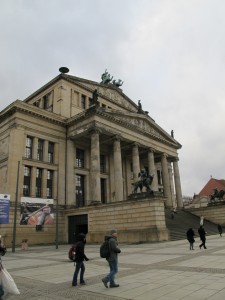 After spending my last weekend here in Reutlingen I have come up with a list of things that I will miss and won’t miss about Germany. The first is the efficient public transportation. The Germans know how to be on time no matter if it’s a bus or train there will always be one every few minutes. The second thing I will miss about Germany is how quiet people tend to be here. There is something relaxing about not having to hear about other people stories from across the lunch room. Also the language barrier allows you to tune people out when you feel like it. The third thing I will miss is all the people I have met here. They all have been so welcoming and have allowed me learn about so many different countries and cultures. I could keep going on with this laundry list of things I miss but seeing how I need motivation to get on the plane tomorrow I need to think of everything I can’t wait to see.
After spending my last weekend here in Reutlingen I have come up with a list of things that I will miss and won’t miss about Germany. The first is the efficient public transportation. The Germans know how to be on time no matter if it’s a bus or train there will always be one every few minutes. The second thing I will miss about Germany is how quiet people tend to be here. There is something relaxing about not having to hear about other people stories from across the lunch room. Also the language barrier allows you to tune people out when you feel like it. The third thing I will miss is all the people I have met here. They all have been so welcoming and have allowed me learn about so many different countries and cultures. I could keep going on with this laundry list of things I miss but seeing how I need motivation to get on the plane tomorrow I need to think of everything I can’t wait to see.
The first is that I’m excited to have free refills and free water when I go out to eat. This is unheard of here and can start to add up! The second thing that I can’t wait to get back to is the use garbage and recycling. The Germans are very strict on how they recyle. Rather than just tossing it all into one bin. There are at least five different recycling bins. Though this is great for the environment and very adirmable, I just want to throw away a piece of paper without considering which bin it belongs in. The third thing I am excited to see is my family and friends. After being away for four months, I can’t wait to see all the familiar faces, and ramble about all my awkward and random study abroad experiences with them.
Overall, leaving is a bittersweet thought. Reutlingen really has become my home away from home and I have really enjoyed living here. I can ramble on and on about everything I will miss and I know I am going to miss it like I have missed the US these past few months but I am definitely excited for the home cooked meals and being back on US soil.
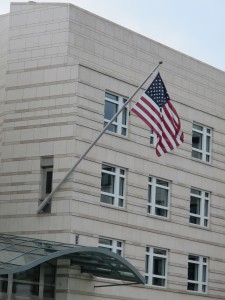 Check out more of my photos at https://picasaweb.google.com/113496106333285759017
Check out more of my photos at https://picasaweb.google.com/113496106333285759017
